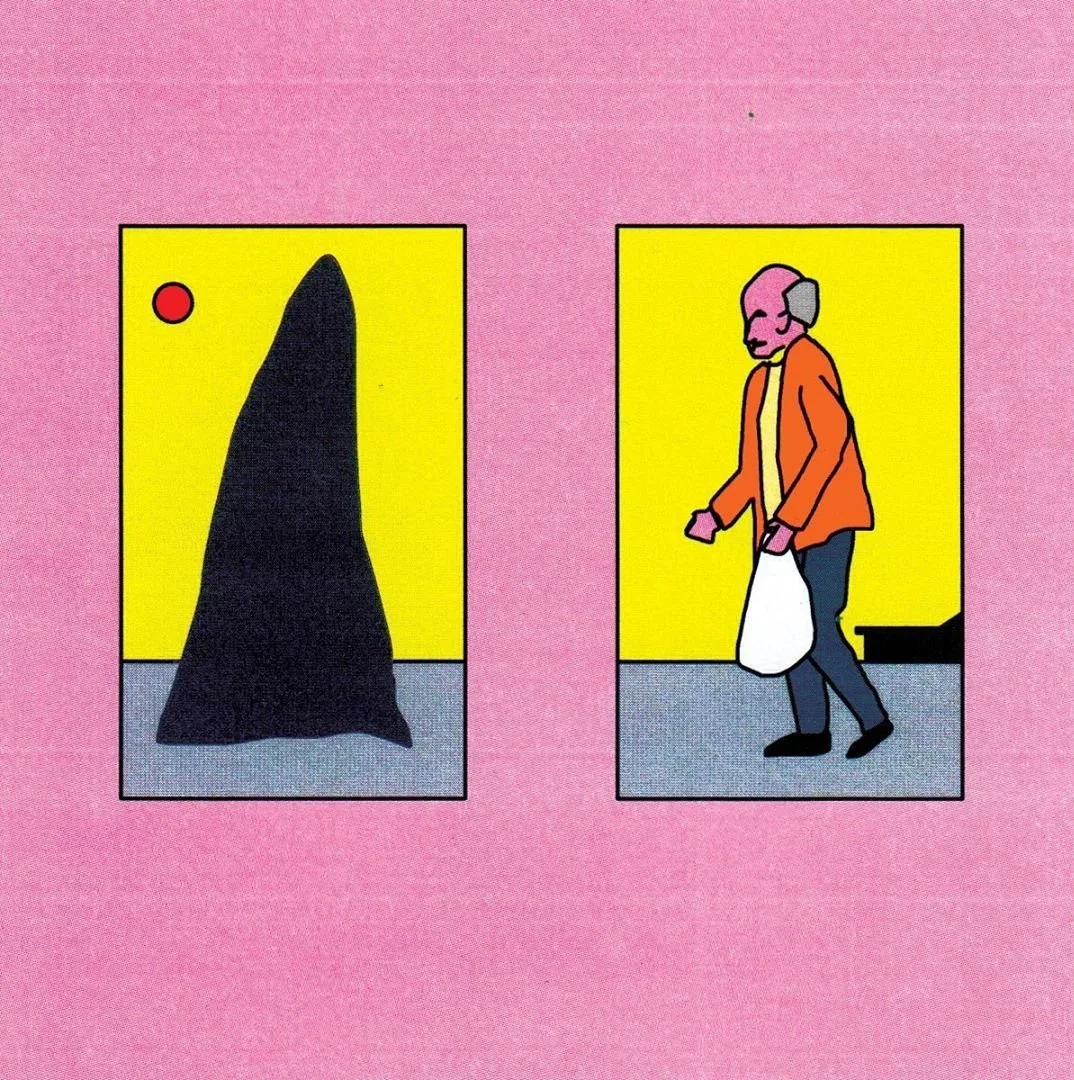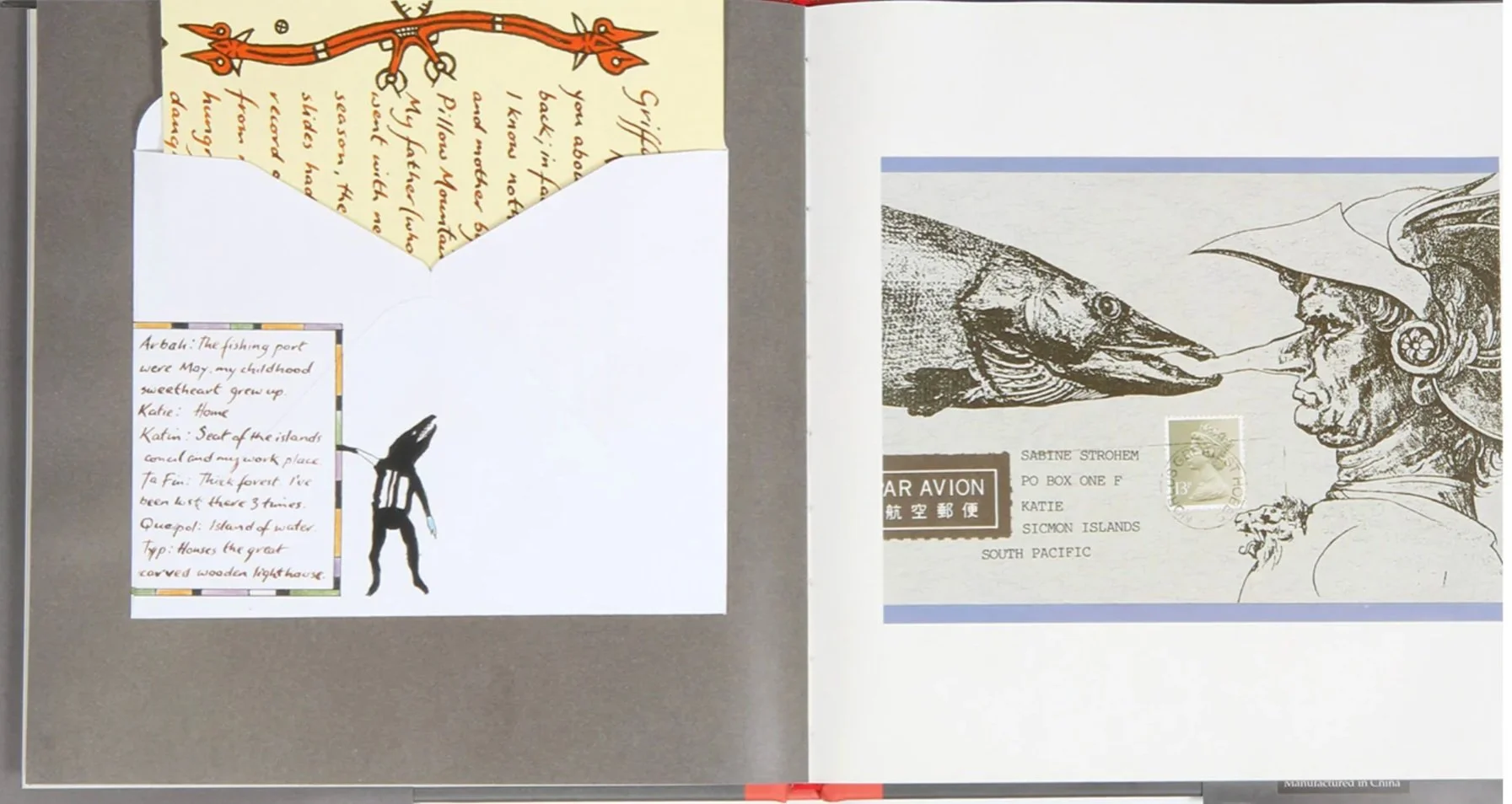
I Know Your Kind is William Brewer's newest collection of poetry. A harrowing and devastating book that blends with lucidity and acute insight, the Milkweed publication progresses the happenings of opioid addictions and its harsh consequences. The book is specific to Oceana, West Virginia, which is known throughout the book at Oxyana (which is also the name of Brewer's past chapbook). From halfway houses to glossy-eyed moments of clarity, from coffins and snake skins to a slow and bumpy recovery, the poems all do a great job of creating the Appalachian world. Covering the addictions through multiple perspectives, Brewer manages to build a community inside of a book of empathy.
“burnt spoons / hanging from the porch like chimes”
I need another blog post just to hone in on all of the dazzling and disorienting lines that feel like soft beams of sunshine. The poem "Detox Psalm" is so good that I read it three times before moving on to the next one. Mystical lyrics of dilated enchantment like "edge of ocean the sky's color an old blade." The poem "To His Enabler" feels like a hesitant dream. In "In the New World", Oxycontin is "a moon's tooth" and heroin is both "god's antenna" and "Heavenquick." Along with addiction and recovery and clinics in between, a great deal of these pieces take place in the outdoors. Stories dripping in a snowless cold, where the sunlight has an imagination, where cattle and mountainsides are expected around every corner, where the "woodpile / trembling like a calendar of spirit" The poem "Naloxone" is a devastating read that places you right on the porch of a dope fiend with "burnt spoons / hanging from the porch like chimes." While this book takes shape in the mountainous regions of West Virginia, it is all too comparable to the struggles and troubles of Elkhart, Indiana where my parents currently live.


via Horsethief
I Know Your Kind is full of lines I want to scribble on the covers of all of my journals, reminding me of the struggles that dance with the beauties of the world. Lines like "Our years chew a black tunnel through the mountain" and "Fall had dragged its brush of tangerine across the trees."
I will end this review (which is basically me just quoting the whole book) with yet another quote. From the poem "Dog Days", a poem I want to memorize into infinity:
“Bars, pool halls, / neighbors turn me away, but not churches, // even though they know I’m only there for the AC. / They’re like giant refrigerators full of questions.”
More Books






























